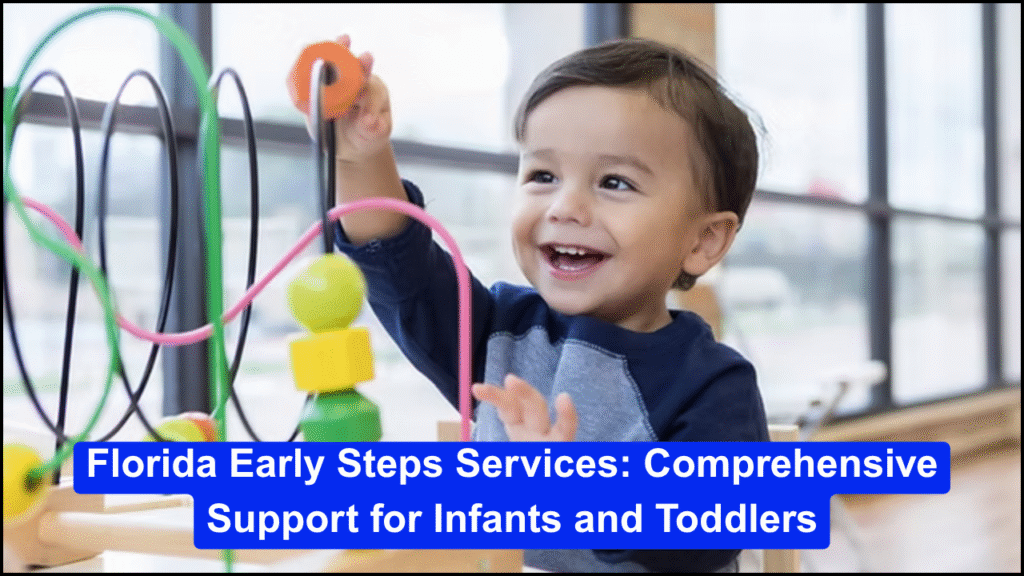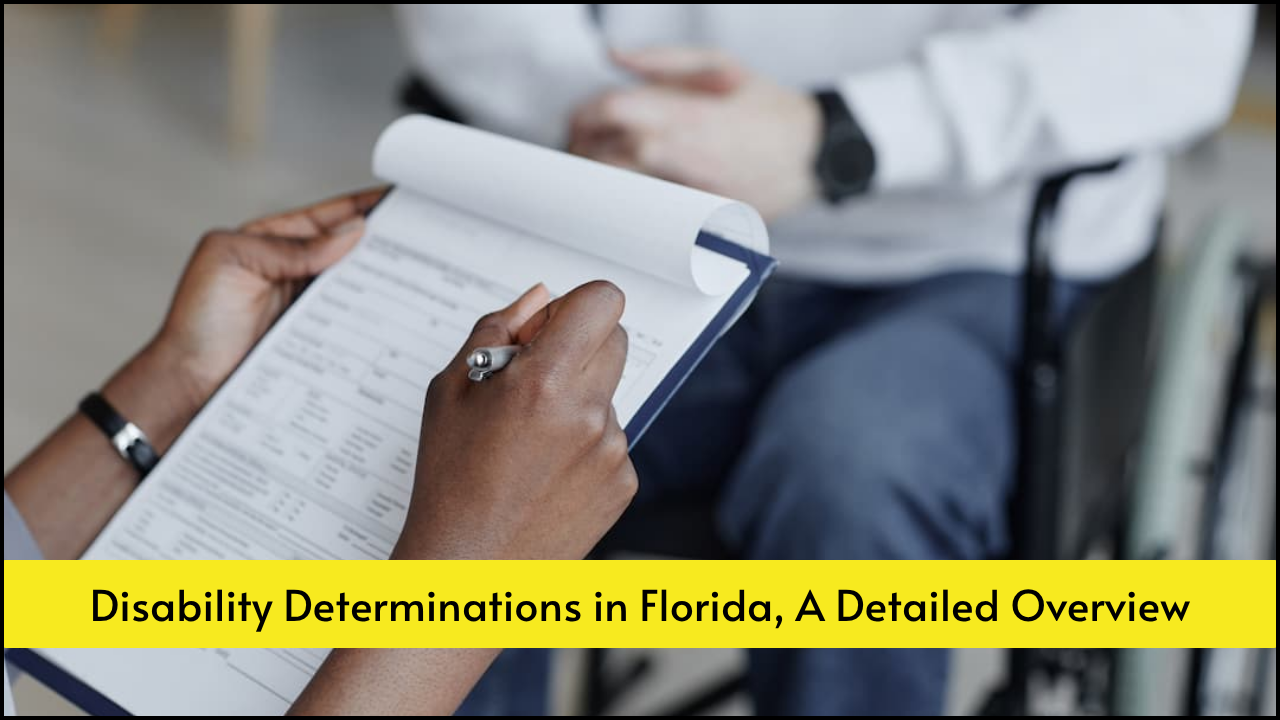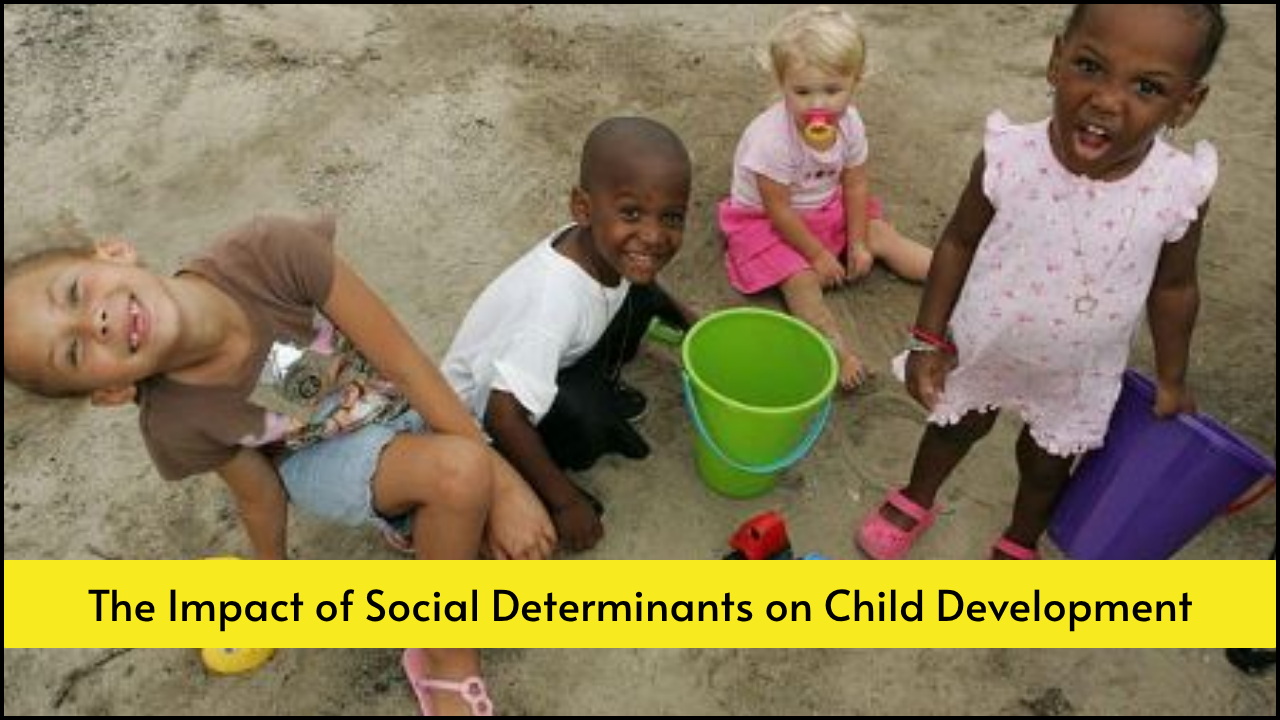
Florida Early Steps serves as the state’s early intervention program designed for infants and toddlers (birth to 3 years old) who exhibit developmental delays or conditions likely to result in delays. Support for families begins with a comprehensive evaluation and continues with individualized services to enhance each child’s development. Emphasis lies in helping families integrate support strategies into daily routines using a family-centered approach. Understanding the wide scope of services is essential for parents, educators, and healthcare providers seeking early assistance for young children in Florida.
Table of Contents
Eligibility Evaluation Services
- Developmental Assessment: Trained professionals assess five core developmental areas: cognitive, physical, communication, social-emotional, and adaptive.
- Medical History Review: Health conditions or diagnoses likely to result in developmental delays are considered for automatic eligibility.
- Standardized Tools: Assessment instruments such as the Battelle Developmental Inventory are used to ensure consistent, evidence-based evaluations.
- Family Interview: Parental insights and concerns are incorporated into the eligibility determination process.
- Multidisciplinary Team Review: Professionals from varied disciplines collaborate to interpret assessment results and determine eligibility.
Individualized Family Support Plan (IFSP)
- Customized Goals: Short-term and long-term developmental objectives are established based on the child’s and family’s needs.
- Service Coordination: Each family is assigned a Service Coordinator to navigate the system, schedule services, and review progress.
- Family-Centered Approach: The plan includes strategies that align with the family’s routines, culture, and preferences.
- Regular Reviews: IFSPs are reviewed at least every six months to track progress and adjust goals or services as needed.
- Transition Planning: At age 3, children are supported in transitioning from Early Steps to preschool or community-based programs.
Therapeutic and Instructional Services
- Speech-Language Therapy: Services for children with expressive or receptive language delays, articulation issues, or feeding challenges.
- Occupational Therapy: Support for sensory processing, fine motor skills, and self-help abilities like dressing or eating.
- Physical Therapy: Assistance with gross motor development, such as crawling, walking, balance, and muscle tone.
- Early Intervention Instruction: Special educators guide families in promoting learning through play and structured routines.
- Vision and Hearing Services: Specialists work with children experiencing sensory impairments to support developmental milestones.
Family Education and Training
- Parent Coaching: Professionals provide modeling and feedback to parents during everyday routines like mealtime or play.
- Developmental Strategies: Parents learn to use songs, games, and interactive activities tailored to their child’s developmental level.
- Emotional Support: Families receive counseling and support to manage stress, grief, or adjustment to a child’s diagnosis.
- Access to Resources: Service coordinators connect families with local community programs, childcare support, and financial aid.
- Group Training Sessions: Families can participate in workshops or peer groups to share experiences and learn from each other.
Natural Environment Service Delivery
- Home-Based Visits: Therapists and educators work with children and families in their homes to build skills in familiar settings.
- Community Integration: Support is provided in parks, childcare centers, or other environments where the child spends time.
- Routine-Embedded Intervention: Strategies are woven into the child’s daily schedule rather than isolated therapy sessions.
- Flexible Scheduling: Services are delivered at times convenient to the family, including evenings and weekends if needed.
- Real-Life Application: Children are supported in learning new skills where they naturally live, play, and interact.
Coordination with Health and Social Services
- Pediatric Healthcare Collaboration: Early Steps communicates with pediatricians and specialists to ensure consistent care across services.
- Social Services Referrals: Families can be referred to Medicaid, WIC, Early Head Start, and other public assistance programs.
- Mental Health Support: Services may include access to infant mental health professionals or parent-child therapy programs.
- Transportation Solutions: Assistance may be offered for families with difficulty attending appointments or therapies.
- Interpreter Services: Translation and interpretation are provided to support families with limited English proficiency.
Data and Monitoring Systems
- Progress Monitoring: Children’s development is tracked over time to evaluate effectiveness and adjust plans.
- Annual Outcomes Reporting: Programs measure performance based on child outcomes and family satisfaction.
- Quality Assurance: Supervisors and state-level teams regularly audit service delivery for compliance and quality.
- Feedback Systems: Families have opportunities to provide input through surveys and advisory councils.
- Technology Integration: Electronic records and virtual consultations are increasingly used to streamline coordination and access.
Structured of Services
| Service Category | Key Features |
|---|---|
| Eligibility Evaluation | Multidisciplinary assessments, family input, and health record review |
| IFSP Development | Individualized goals, regular reviews, and service coordination |
| Therapeutic Services | Speech, physical, and occupational therapies; special instruction |
| Family Education | Parent coaching, emotional support, and group sessions |
| Natural Environment Delivery | Home visits, flexible scheduling, routine-based interventions |
| Health/Social Coordination | Referrals to Medicaid/WIC, mental health, transportation, and translation services |
| Monitoring and Evaluation | Outcome tracking, feedback systems, and electronic records |
Benefits of Florida Early Steps
- Early Skill Development: Children build foundational cognitive, communication, motor, and social skills at the critical developmental window.
- Increased Family Confidence: Parents become empowered to support their child’s learning using everyday interactions.
- Reduced Need for Future Intervention: Early support often decreases the intensity or need for later special education or therapies.
- Equity in Access: Services are offered regardless of family income, and costs are covered or reduced for eligible families.
- Community Inclusion: Children are supported in engaging meaningfully with their peers and environment from an early age.
In Summary
Florida Early Steps offers a vital support network for families with young children facing developmental challenges. Services are comprehensive, family-driven, and rooted in natural environments to maximize real-world progress. From evaluation through transition, every phase is designed to support both the child’s growth and the family’s empowerment. Awareness of these services ensures that every eligible child in Florida can thrive from the very start.





